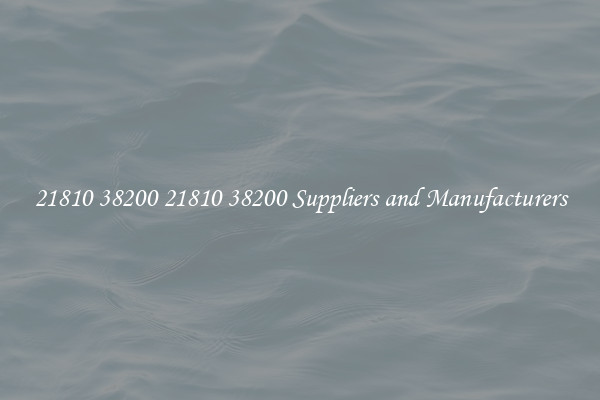exporting sodium acetate anhydrous for Cooking and Eating
Exporting Sodium Acetate Anhydrous for Cooking and Eating

Sodium acetate anhydrous, also known as anhydrous sodium acetate, is a chemical compound that finds various applications in the food industry, particularly in cooking and eating. With its versatile properties and numerous benefits, exporting sodium acetate anhydrous has become a common practice for supplying this ingredient to international markets.
One of the primary uses of sodium acetate anhydrous in the culinary world is as a food additive. It acts as a flavor enhancer, providing a pleasant, tangy taste to a wide range of recipes. Its flavor profile is particularly popular in snacks, sauces, dressings, and seasonings. The compound interacts well with other flavors and adds a mild acidity that enhances the overall taste of the dish.
In addition to its flavor-enhancing properties, sodium acetate anhydrous is also an excellent preservative. It inhibits the growth of bacteria and molds, extending the shelf life of food products. This makes it a desirable ingredient for exporting to countries where food preservation is crucial, especially in regions with warm climates or limited refrigeration facilities.
Another aspect that makes sodium acetate anhydrous an attractive choice for international markets is its stability and ease of use. The compound is highly soluble in water, allowing it to dissolve quickly and uniformly in various food preparations. This ensures a consistent flavor distribution throughout the dish and simplifies the cooking process for chefs and home cooks alike.
Furthermore, sodium acetate anhydrous is considered safe for consumption, with no known adverse health effects associated with its ingestion. It is approved by several food regulatory authorities worldwide, including the U.S. Food and Drug Administration (FDA) and the European Food Safety Authority (EFSA). As a result, it can be confidently exported to countries where stringent food safety regulations are in place.
When exporting sodium acetate anhydrous for cooking and eating purposes, it is crucial to ensure quality control and compliance with relevant regulations. Suppliers should conduct thorough testing and analysis to verify the product's purity, stability, and compliance with food safety standards. Proper packaging and labeling should also be maintained to provide accurate information to consumers and facilitate customs clearance processes in different countries.
In conclusion, the exportation of sodium acetate anhydrous for cooking and eating purposes is a valuable trade opportunity for suppliers in the food industry. Its flavor-enhancing and preservation properties, along with its ease of use and safety, make it a sought-after ingredient in various cuisines worldwide. By adhering to quality control measures and regulatory requirements, exporters can meet the growing demand for sodium acetate anhydrous and contribute to the culinary experiences of people around the globe.

View details

View details

View details

View details





